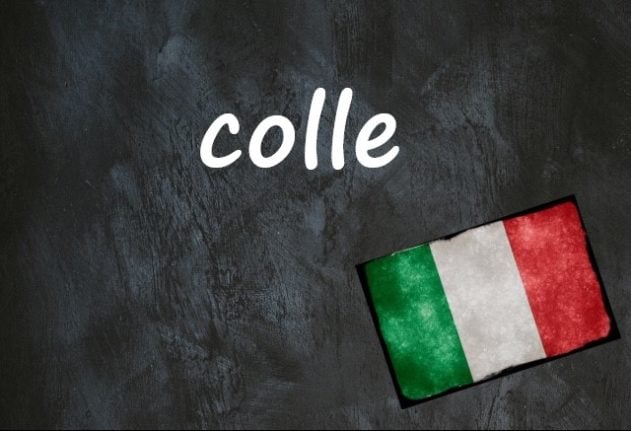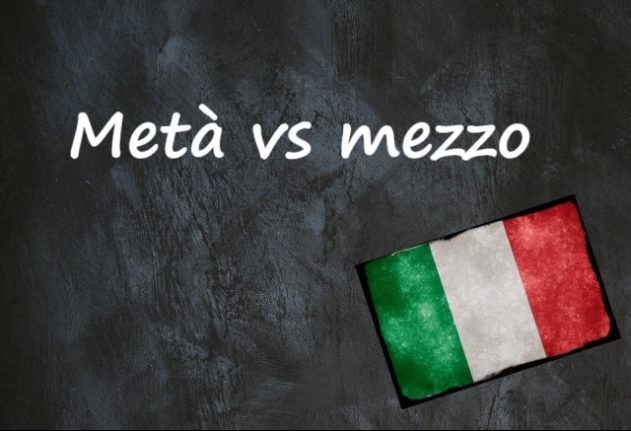You may already know that today’s word, colle (pronounced ‘kol-leh’), means ‘hill’ in Italian. But why are hills being discussed so much in the Italian news lately?
These reports aren’t referring to just any old hill, but to the most important of the seven hills in the capital:
i sette colli di Roma
the seven hills of Rome
Rome’s Colle Quirinale, or Quirinale hill, is where the formal residence of the Italian president sits: il Palazzo del Quirinale – the Quirinale palace
The sprawling building, for centuries home to popes and kings, has been the official residence of the head of state since the declaration of the republic in 1946.
As Italy’s parliament begins voting for a new president on Monday, the ‘Colle’ (capitalised) which we see mentioned in news reports doesn’t refer to the actual hill, or even the palace, but is used as shorthand for the office or position of president.

“The race for the presidency starts: first ballot at 3pm” – Il Sole 24 Ore, Monday January 24th.

‘All the stages to become president” – Adnkronos, Monday January 24th.
While the president’s place of work literally sits upon a hill, at election time perhaps the Italian media simply can’t resist invoking the image of an uphill race to reach the country’s highest office.
Is there an Italian word of expression you’d like us to feature? If so, please email us with your suggestion.



 Please whitelist us to continue reading.
Please whitelist us to continue reading.
Member comments